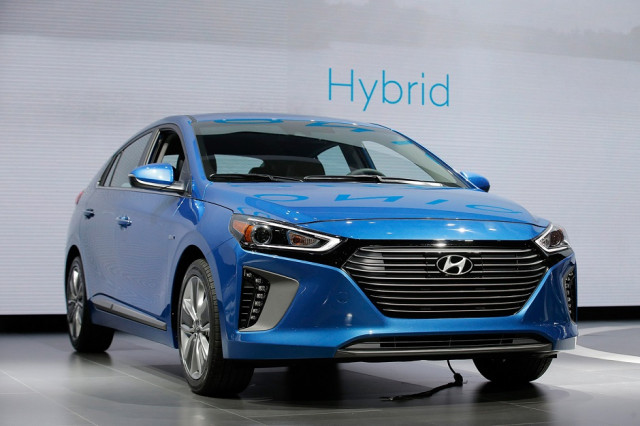Hyundai raises vehicle prices by Rs1.1 million
Analysts blame sharp currency depreciation for price hike

Hyundai Nishat Motors has increased vehicle prices by Rs1.1 million for its Tucson FWD and Tucson AWD models.
With the hike of Rs1.1 million, the price of Tucson FWD has gone up to Rs6.899 million and that of Tucson AWD has risen to Rs7.399 million, according to the company’s dealers and JS Research.
“Automobile assemblers have been affected the most by rupee devaluation as most of the parts are imported,” commented auto analyst Arsalan Hanif while talking to The Express Tribune.
“Companies are increasing car prices in the range of 15% to 20% due to the recent sharp rupee devaluation,” he said. “They have a strong pricing power, which makes it easy for them to pass on price hike to customers.”
“Significant depreciation of the rupee against the US dollar has led to the rise in car prices and other players are expected to follow suit,” remarked Ismail Iqbal Securities’ auto analyst Muqeet Naeem.
The price increase was primarily driven by the significant rupee devaluation that had lost 7.5%, or Rs15.86, of value since the beginning of current week to around Rs227 in the inter-bank market, said Topline Securities’ senior analyst Sunny Kumar. “We expect other players to announce increase in car prices soon.”
Echoing similar views, auto sector expert Mashood Khan said the huge decline in the rupee-dollar parity would definitely affect prices of end-products in many sectors, which relied on imported raw material, and auto was one of them.
He pointed out that another factor that would spark a fresh spell of price hike was the State Bank of Pakistan’s (SBP) restriction on opening Letters of Credit (LCs) even for the import of raw material and machinery. “We are reverting to Covid-like economic situation due to the global economic scenario, therefore, we need to demonstrate patience and unity; however, the government seems ignorant at a time of economic uncertainty.”
He emphasised that the ban on raw material import was not a solution as the government should engage in talks with industrialists by constituting a team of economists, businessmen and all other stakeholders in order to devise short and long-term strategies. He expressed fear that there was enormous trust deficit between the people and the government, which could further fuel economic uncertainty.
Published in The Express Tribune, July 22nd, 2022.
Like Business on Facebook, follow @TribuneBiz on Twitter to stay informed and join in the conversation.



















COMMENTS
Comments are moderated and generally will be posted if they are on-topic and not abusive.
For more information, please see our Comments FAQ